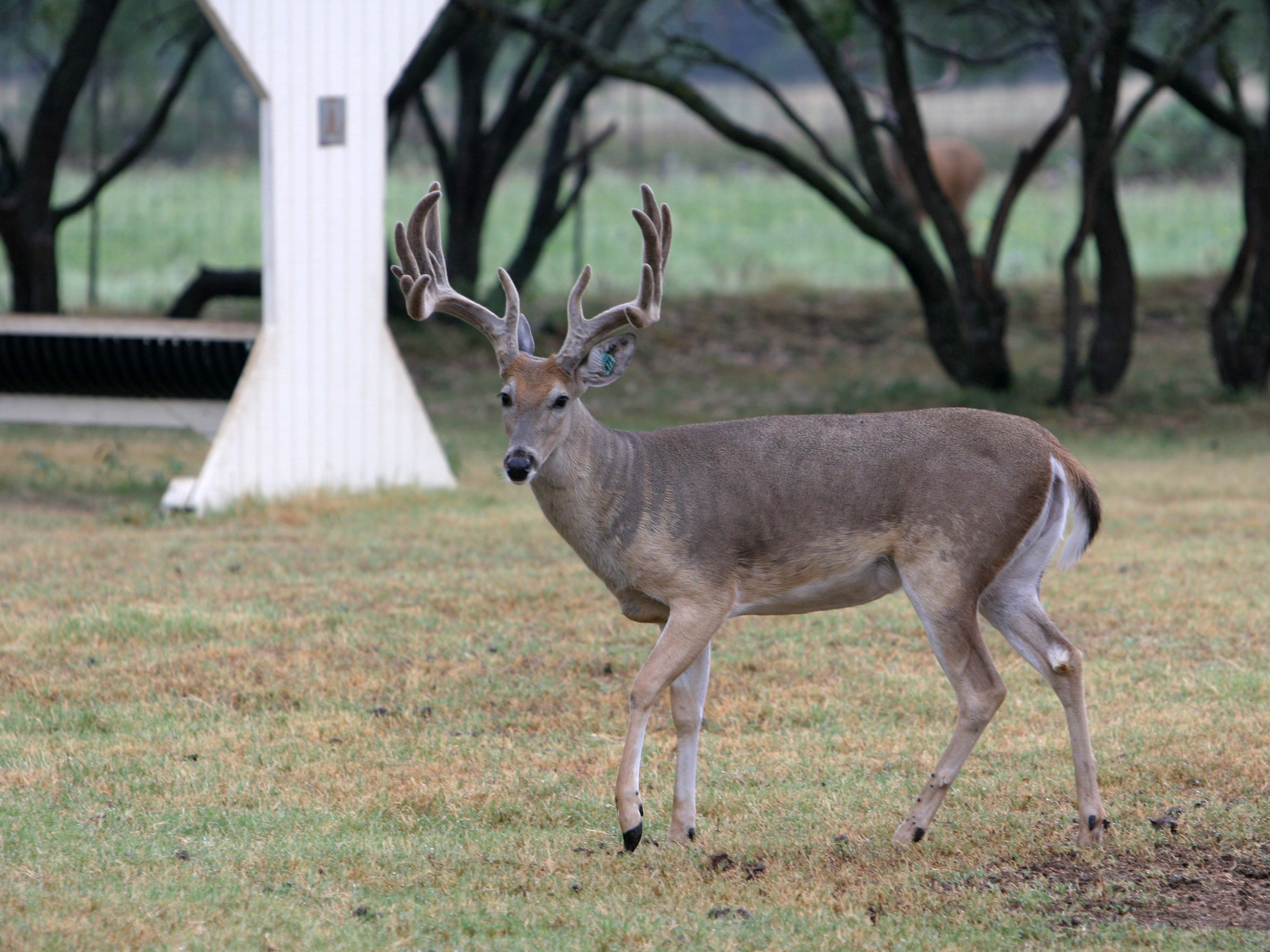The Texas Parks and Wildlife Department (TPWD) is ramping up its efforts to collect samples of hunter-harvested deer in Texas.
The agency is asking hunters to voluntarily submit samples of their harvested deer to the Texas A&M Veterinary Diagnostic Lab for Chronic Wasting Disease (CWD) testing at no cost to them.
“In the wake of our increased concern about CWD we are ramping up our sampling effort statewide,” said Mitch Lockwood, TPWD Big Game Program director. “We will be collecting samples from deer and elk, and other cervid species, in every county where deer hunting occurs.”
CWD has been reported in two captive deer breeding facilities in Medina and Lavaca counties.
The disease has not yet been found in free-ranging white-tailed deer populations.
Since 2003, TPWD biologists have been monitoring the free-ranging deer populations for CWD using statistical sampling tables commonly used by animal disease experts.
The sampling strategy for the upcoming white-tailed deer season is being refined to target disease risk levels within the state’s 33 unique Risk Management Units, which are wildlife conservation areas that TPWD uses for all other deer management decisions.
In addition to utilizing hunter-harvested submissions to meet the new sampling goals, TPWD will also specifically target sampling efforts within a five-mile radius of the CWD index facility in Medina County to determine the prevalence and geographic extent of the disease in the area.
Hunters who wish to submit samples for testing may find their local TPWD biologist, listed by county, here: http://bit.ly/1OwR9R7.
The biologist will provide a sample receipt hunters can use to track their test results online. TPWD anticipates test results could take 3-4 weeks to process.
In some instances, biologists may ask to retain the entire deer head for later sample collection.
Texas Game Wardens will be out and about during white-tailed deer season talking to hunters about CWD. Additional information on the disease can be found on www.tpwd.texas.gov/CWD and http://tahc.state.tx.us/animal_health/cwd/cwd.html.
Both the Medina and Lavaca county facilities where deer tested positive for CWD remain under quarantine as investigation into the index herd continues.
CWD was first detected in Texas in 2012 in a free-ranging mule deer in the Hueco Mountains in Far West Texas. The diseases is a 100-percent fatal neurological disease that affects members of the cervid family like deer, elk and moose.
An animal may carry the disease for years without outward indication, according to TPWD. In the latter stages of the disease, symptoms may include: listlessness, lowering of the head, weight loss, repetitive walking in set patterns and a lack of responsiveness.
Although it is similar to Bovine Spongiform Encephalopathy (BSE), there is no evidence the disease can be transmitted to humans.
To date, there is no evidence that CWD poses a risk to humans or non-cervids.
However, as a precaution, the U.S. Centers for Disease Control and the World Health Organization recommend not to consume meat from infected animals.
White-tail deer season opens Nov. 7.

